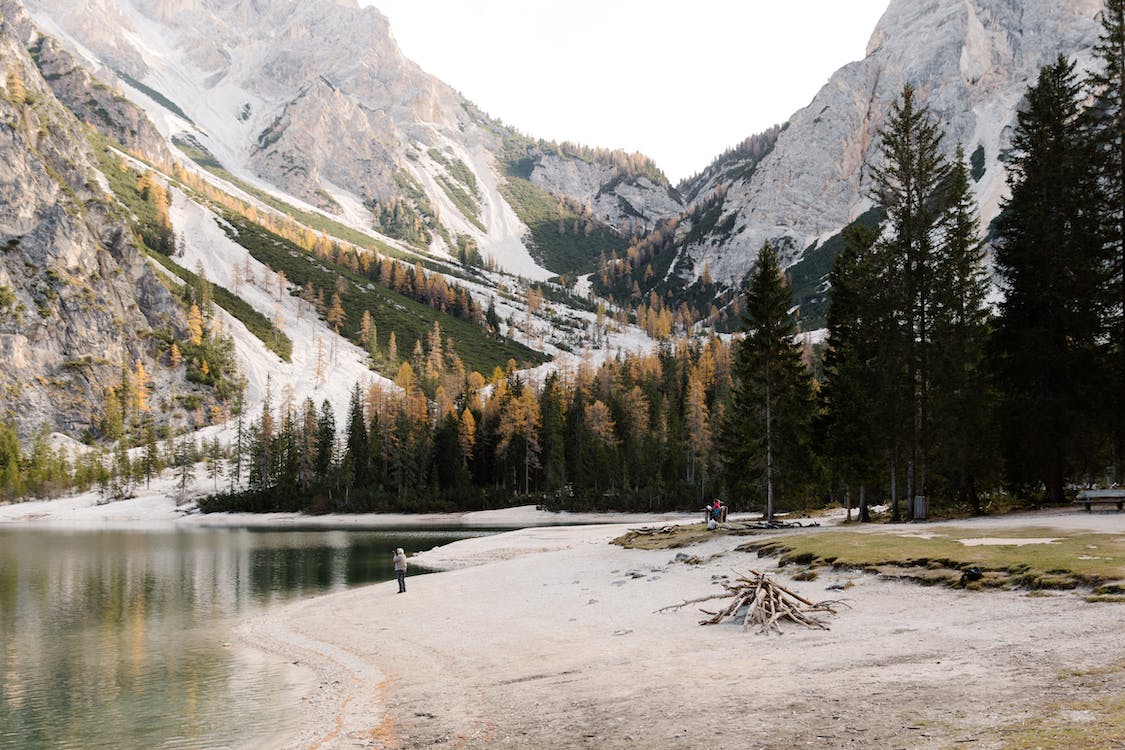Winter is the best time to camp. The weather is colder, sure, but that means less bugs and fewer crowds at your favorite campsite. Plus, winter camping allows you to truly enjoy nature while it’s at its most beautiful and peaceful—and really get away from it all! But before you head out into the wilds of winter camping, there are some things you need to know in order for your experience not only to be safe but also enjoyable. Here are some tips for making sure your next winter getaway goes off without a hitch.
Winter Camping in British Columbia
Know how to make a fire.
- Know how to make a fire.
- Bring along your fire-starter, even if you’re not planning on camping in the snow. You never know when that extra layer of insulation will come in handy! If you don’t have one, learn how to start a fire with no tools at all–it’s easier than you think!
- Keep your eyes peeled for dry wood when building your campfire. You’ll want something that catches easily and burns hot enough for cooking purposes (don’t worry about lighting it until later). Once the flames are going strong enough that they won’t go out overnight, add some more kindling so they can get higher still–this will help keep them going through the night and into tomorrow morning’s breakfast time, if necessary.
Dress in layers.
As you might expect, winter camping comes with its own set of unique challenges. If you’re planning on spending time outside during the colder months, it’s important that you prepare yourself for these challenges by dressing in layers and bringing appropriate gear.
- Warm clothes: The most obvious item on this list is warm clothing–without it, even a short period outside can become dangerously uncomfortable. Pack plenty of long-sleeve shirts and pants made from wool or synthetic materials that trap heat close to your body. Don’t forget about hats and gloves too! If possible, bring along extra socks too; wet socks are no fun!
- Waterproof clothes: Even if Mother Nature decides not to rain on your parade (or freeze it), there will still be snow on the ground, which means wet shoes! Bring waterproof boots/shoes or gaiters so that water doesn’t seep into them while hiking through slushy puddles or snowdrifts.* Extra socks: Wet feet equal cold feet; don’t let this happen by packing an extra pair of dry socks just in case yours get soaked during an unexpected downpour.* Hat & Gloves: Protecting your head from extreme temperatures can mean keeping warm while still allowing sweat evaporation through capillary action (which keeps us cool). Hats are great at insulating against heat loss through convection currents created by air passing over exposed skin areas such as ears where blood vessels lie closer than elsewhere due to their proximity
Make sure you have an emergency kit with you and learn how to use it.
It’s important to have an emergency kit with you when you go camping, especially during winter. The kit should include:
- First aid kit – bandages, sterile gauze pads and adhesive bandages
- Water purification tablets – these will ensure that any water you find is safe for drinking
- Matches and candles – in case things get dark and cold (or if there’s an emergency)
- Knife – for cutting rope or branches that might be blocking your path out of the wilderness
Think about whether you’ll need a tent, a sleeping bag, or both.
If you’re new to camping, it can be tough to know what kind of gear will work best for your needs. When deciding between a tent and sleeping bag, think about where and when you’ll be using them. Tents are more comfortable than sleeping bags because they provide added protection against wind and rain–but they also tend to be heavier (and thus more expensive). If you don’t have access to electricity at night while camping in winter conditions, consider bringing along a tarp or bivouac bag instead of an actual tent; these lightweight structures offer enough shelter from the elements so that even if your sleeping bag gets wet in the morning there won’t be any lasting damage done.
Pack appropriately for the weather and season that you’re heading toward.
Winter camping is a special kind of challenge. You’ll need to pack appropriately for the weather and season that you’re heading toward.
Bring extra clothing, including hats and gloves (both of which will help keep your head warm). In addition to warm sleeping bags, bring down jackets or parkas that can be worn during the day if it gets too cold at night. If possible, bring extra food items such as jerky or trail mix–something high in calories and protein that doesn’t require cooking time or preparation other than opening an envelope! Also consider bringing water bottles filled with hot coffee or tea so that when they cool off later on during your hike out (or if there are no other sources available), they’ll still have some heat left over from earlier in the day/evening before becoming totally frozen solid again once outside temperatures drop below freezing point again.”
Bring plenty of food, water and fuel for cooking/heating/warming.
- Bring plenty of food, water and fuel for cooking/heating/warming.
- If you’re going to be camping in the winter, make sure you have enough fuel to get back home.
- You will need more food than usual because it takes more energy to stay warm in cold weather than it does in warm weather (i.e., your metabolism will be higher).
Winter camping can be fun as long as you know what to expect!
Winter camping can be fun as long as you know what to expect!
- You need to be prepared. Make sure you have enough food, water and fuel for cooking/heating/warming.
- Make sure you have a tent, sleeping bag and emergency kit with you. Dress in layers so that if it gets too hot inside your tent at night, just take off some clothes until it cools down again (and vice versa).
- Know how to make a fire – this may sound simple, but most people don’t know how!
So there you have it – our top tips for winter camping. Remember, this isn’t something that should be taken lightly. Make sure you know what you’re doing before heading out into the wilds during cold weather, and pack appropriately for any eventuality! Camping in British Columbia is a year round activity, just be prepared before you head out!

